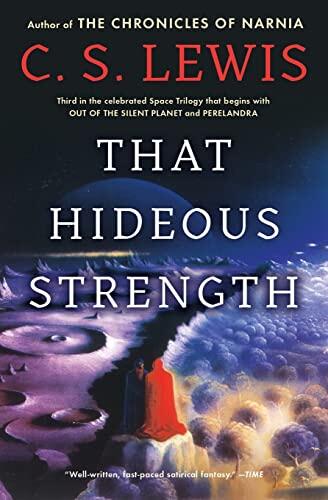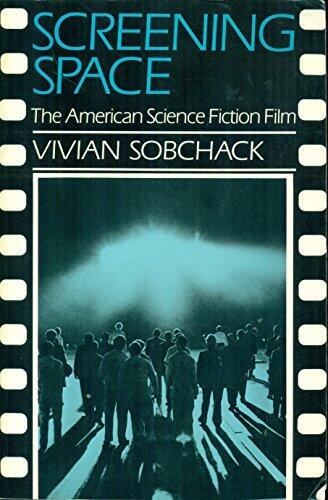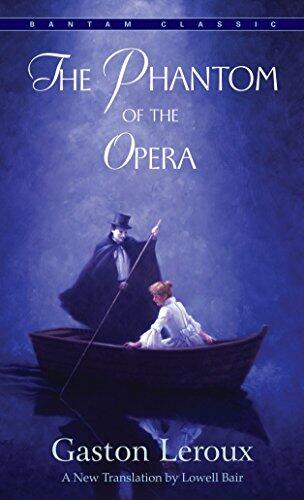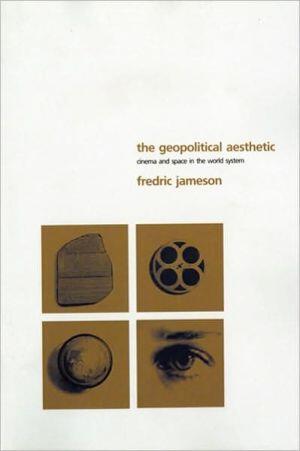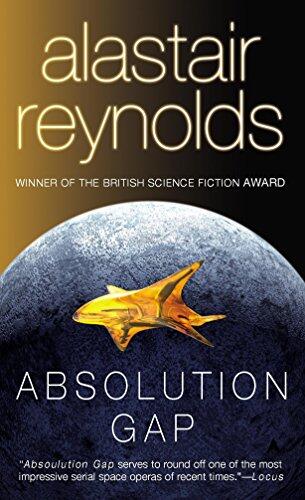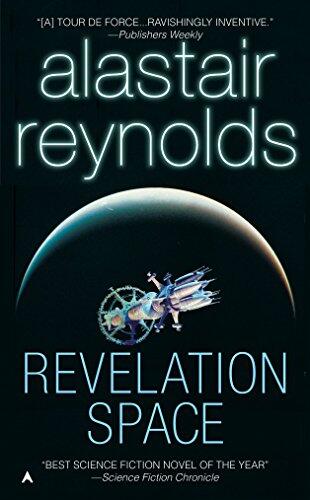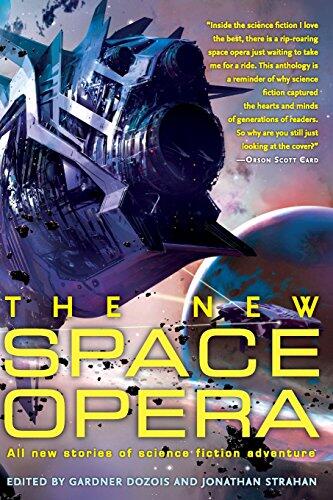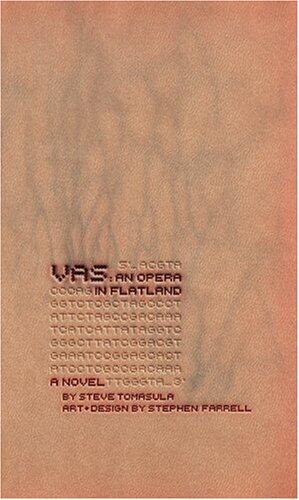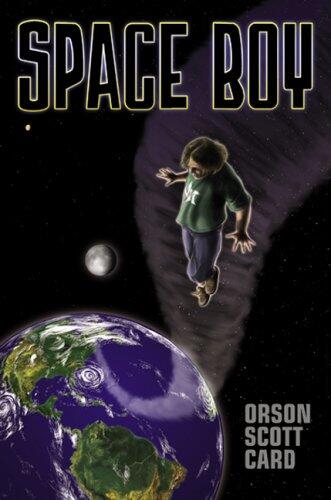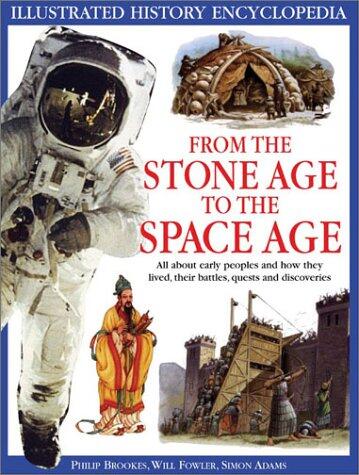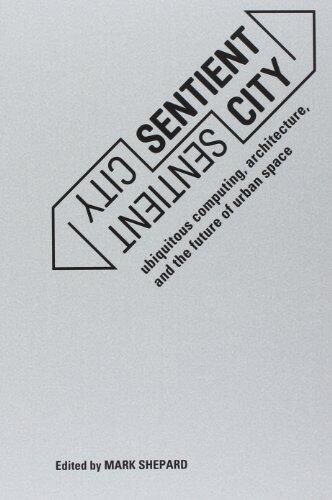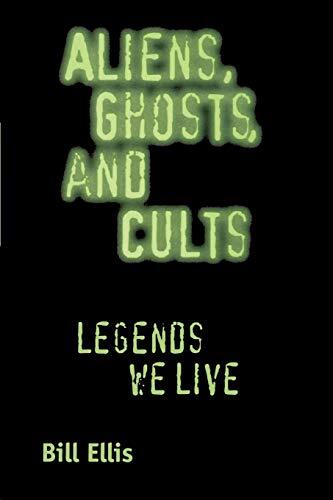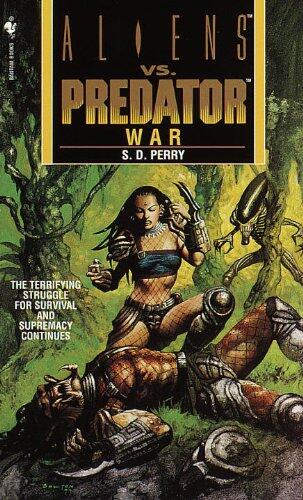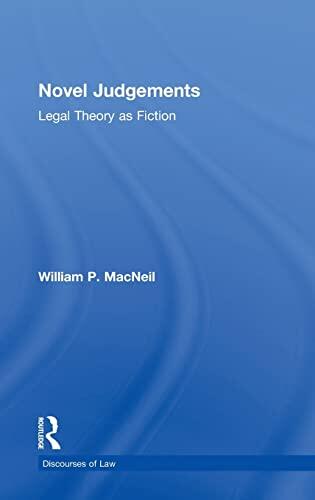
Novel Judgements: Legal Theory as Fiction
par
William P. MacNeil
Pas encore d'évaluations
Science Fiction
History
Format
Relié
Pages
238
Langue
Portugais
Publié
Sep 8, 2011
Éditeur
Routledge-Cavendish
Édition
1
ISBN-10
0415459141
ISBN-13
9780415459143
Description
In a thought-provoking analysis, William P. MacNeil delves into the intricate relationship between law and literature in the context of nineteenth-century Anglo-American society. By exploring how legal narratives are constructed, he redefines the understanding of legal theory as a form of storytelling. This thoughtful examination reveals not only the influence of literary forms on legal thought but also the way law itself can be seen as a compelling narrative embedded in cultural practices.
MacNeil deftly intertwines historical legal cases and literary texts, demonstrating how these narratives shape societal perceptions of justice and morality. His work invites readers to view legal decisions as more than mere applications of statutes; they are dynamic stories that reflect the complexities of human experience. Through this lens, law emerges as a rich tapestry that includes character, conflict, and resolution, much like the novels of the era.
Ultimately, the book challenges readers to reconsider their perspectives on both disciplines. It suggests that understanding the nuances in legal theory can be significantly enhanced by examining its literary manifestations, creating a dialogue between the realms of fiction and legal reasoning that resonates beyond the pages of history.
MacNeil deftly intertwines historical legal cases and literary texts, demonstrating how these narratives shape societal perceptions of justice and morality. His work invites readers to view legal decisions as more than mere applications of statutes; they are dynamic stories that reflect the complexities of human experience. Through this lens, law emerges as a rich tapestry that includes character, conflict, and resolution, much like the novels of the era.
Ultimately, the book challenges readers to reconsider their perspectives on both disciplines. It suggests that understanding the nuances in legal theory can be significantly enhanced by examining its literary manifestations, creating a dialogue between the realms of fiction and legal reasoning that resonates beyond the pages of history.
Avis
Aucun avis pour le moment
Soyez le premier à donner votre avis sur ce livre et partagez vos pensées
Ajouter le premier avisJournal de lecture
Aucun journal de lecture trouvé
Commencez à suivre vos progrès de lecture pour voir les journaux ici
Ajoutez votre premier journal de lectureNotes
Journal des transactions
Aucun journal de transactions trouvé
Commencez à suivre vos transactions de livres pour voir les journaux ici
Ajoutez votre premier journal de transactions